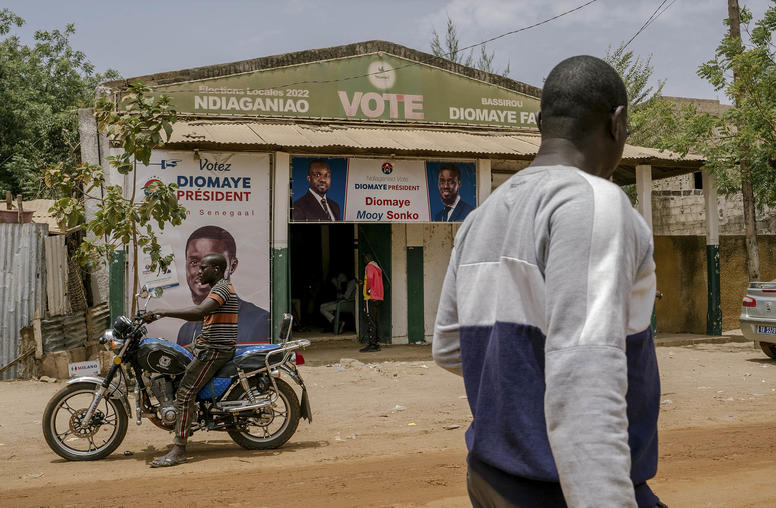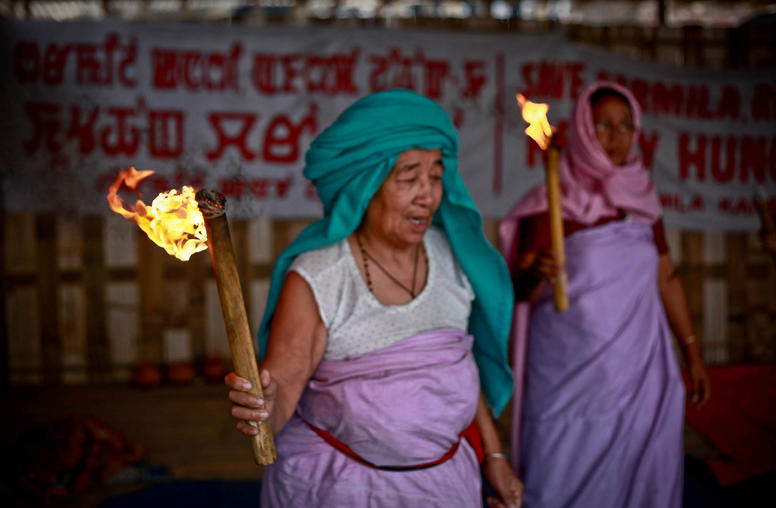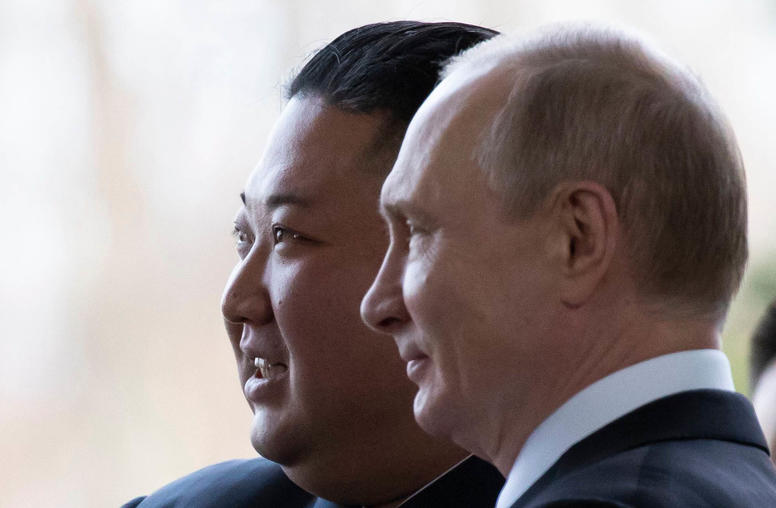Publications
Articles, publications, books, tools and multimedia features from the U.S. Institute of Peace provide the latest news, analysis, research findings, practitioner guides and reports, all related to the conflict zones and issues that are at the center of the Institute’s work to prevent and reduce violent conflict.

A Small State Heavyweight? How Singapore Handles U.S.-China Rivalry
Alice Ba pertinently observes in her introductory essay to this series that Southeast Asia has become a key arena in the ongoing U.S.-China rivalry; regional countries are under growing pressure to choose between the two powers. For Singapore, this competition has provoked a debate on the extent of agency in the conduct of the city-state’s foreign policy. Two perspectives have emerged in this regard.

Senegal just saved its democracy. That helps all West Africa.
Senegal’s dramatic transfer of presidential power this week highlights that West Africa, routinely seen as a zone of democratic erosion and failure, includes an arc of resilient coastal democracies — from Senegal to Liberia, Ghana and Nigeria. The Senegalese people’s resolute reversal of last month’s constitutional crisis shows that U.S. and international efforts to counter violent extremism and military coups can reinforce a potent West African democratic constituency. Vital next steps include these: supporting Senegal’s democratic forces in shifting from “campaign mode” to inclusive governance; promoting economic investment to bolster youth employment and rule-of-law reforms; and energizing a West African democratic alliance against extremism and coups.

Indigenous Pathways to Peace
Many of the world’s Indigenous peoples live in unstable areas, struggling to survive as conflicts, transnational organized criminal networks and extractive projects upend their lives and livelihoods. Unfortunately, peace processes in these contexts are often negotiated at high political levels without the inclusion of Indigenous peoples. This can undermine the chances for success, as Indigenous peoples are a crucial population in some of the world's longest-running conflicts. But even further, excluding Indigenous people means overlooking how Indigenous traditions, rituals, and religious and political practices can help advance peace and resolve deadly conflict.

How a Fractured Myanmar is Navigating U.S.-China Rivalry
As the rivalry between the United States and China intensifies, Southeast Asian countries have been forced to navigate this growing power competition. The challenge has proven formidable even for those with strong governance and stability. For Myanmar — where a civil conflict between the ruling military junta and a loose alliance of resistance groups recently entered its fourth year — developing a cohesive approach to navigating U.S.-China competition might seem unattainable and unimportant in the current moment.

It’s Time to Resolve the Korean War
The greatest challenge to peaceful coexistence between North Korea and the United States is the technical state of war between the two countries. The United States and the Soviet Union may have been at ideological loggerheads, used proxies in regional conflicts and come close to direct superpower blows — but they were not in a state of war. Resolution of the Korean War should be set as a stated U.S. policy objective. This is a necessary Step Zero on the road to peaceful coexistence with North Korea today and could reduce the risk of deliberate or accidental conflict, nuclear or otherwise.

Ce qu'un gouvernement de transition en Haïti aura besoin pour réussir
Après des semaines de consultations, et au milieu d'une quasi-rupture totale de l'ordre et de la loi en Haïti, un effort dirigé par la Communauté caribéenne (CARICOM) pour créer un nouveau conseil de gouvernance de transition pourrait être sur le point d'être achevé. La mise en place du conseil permettrait l'entrée d'une force de sécurité multinationale qui pourrait ensuite se joindre à la police nationale haïtienne pour rétablir l'ordre. Certains ont suggéré l'inclusion de "facilitateurs" pour la nouvelle force de sécurité - soutien aérien, drones, renseignement. Mais pour gagner la confiance du peuple haïtien, le nouveau conseil de gouvernance aura besoin de ses propres "facilitateurs" populaires, d'un moyen systématique d'inclure de nombreux autres secteurs de la société haïtienne qui sont actuellement ignorés ou délibérément exclus de la gouvernance.

What a Transitional Government in Haiti will Require to Succeed
After weeks of consultations, and amidst a near total breakdown of law and order in Haiti, a Caribbean Community (CARICOM)-led effort to create a new transitional governing council may be nearing completion. The council’s establishment would allow for the entry of a multinational security force that would then be able to join with the Haitian National Police and restore order. Some have suggested the inclusion of “enablers” for the new security force — air support, drones, intelligence. But to gain the trust of the Haitian people, the new governing council will need its own popular “enablers,” a systematic way to include many more sectors of Haitian society that are currently ignored or deliberately excluded from governance.

Promoting Peace and Stability in the Americas through Religious Freedom
The Western Hemisphere is generally known for protecting freedom of religion or belief. With a few notable exceptions, the countries of the region all enshrine religious freedom at the constitutional level and protect it through laws and policies. But in recent years, authoritarian governments in South America have increasingly viewed religious actors as threats to their regime’s survival and tried to control or crush independent religious activity.

Three Conditions for Successful Engagement with North Korea
The September 13, 2023, meeting between Vladimir Putin and Kim Jong Un in Russia’s Amur Oblast marked a significant crippling of the decades-long U.S. pressure-based approach toward North Korea. The strategy of isolating and pressuring North Korea through United Nations Security Council resolutions to compel its nuclear disarmament in exchange for providing normalized relations, economic aid and sanctions relief may or may not ever have been a winning strategy, but now is no longer viable. The strategy required cooperation among the United States, South Korea, China and Russia, but this now seems a distant prospect.

For Sahel Stability, U.S. Needs Broader, Coordinated Policy
As military coups and violent insurgencies have spread across Africa’s Sahel over the past decade, U.S. policy has professed to recognize and address their interconnections across the region, notably through the Trans-Sahara Counterterrorism Partnership. Yet this effort remains insufficient to meet the scale and complexity of the violence and the underlying failures of governance.